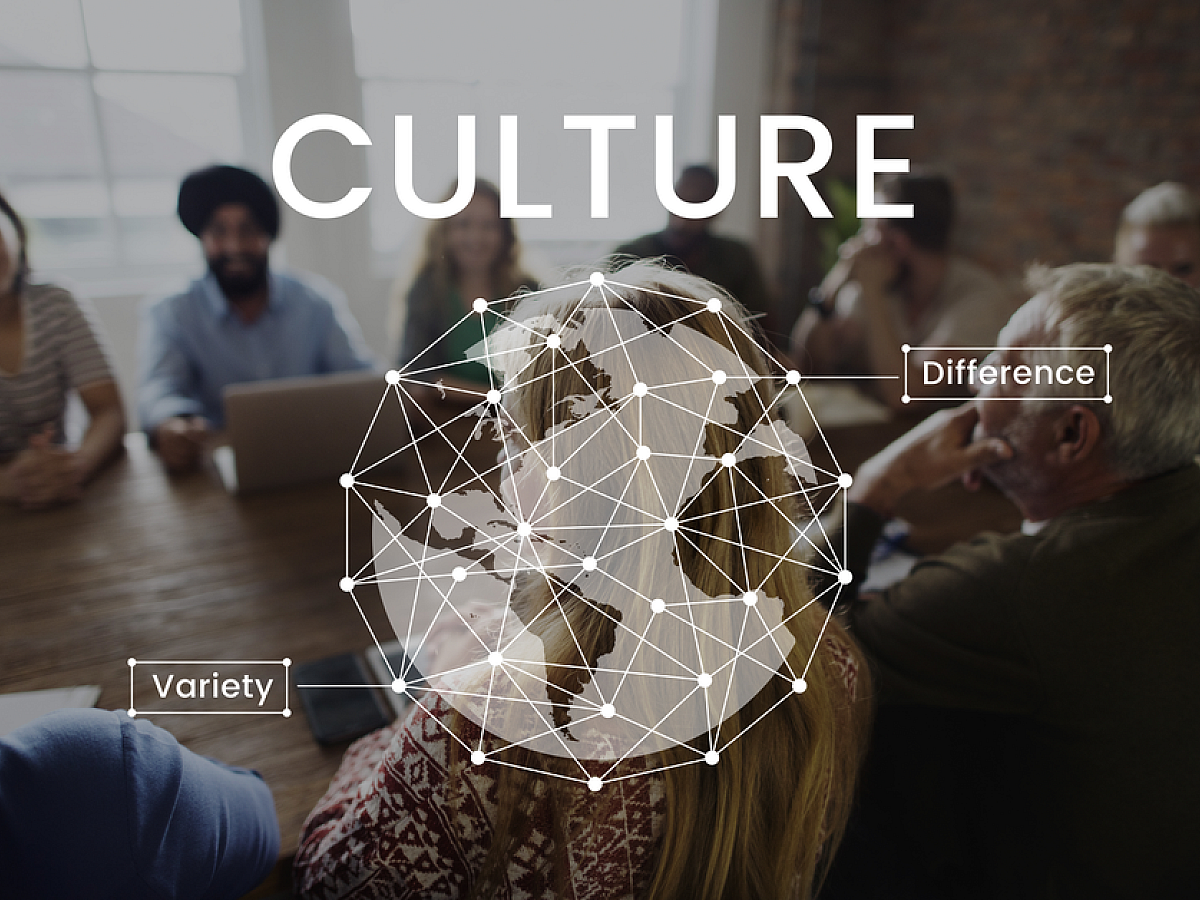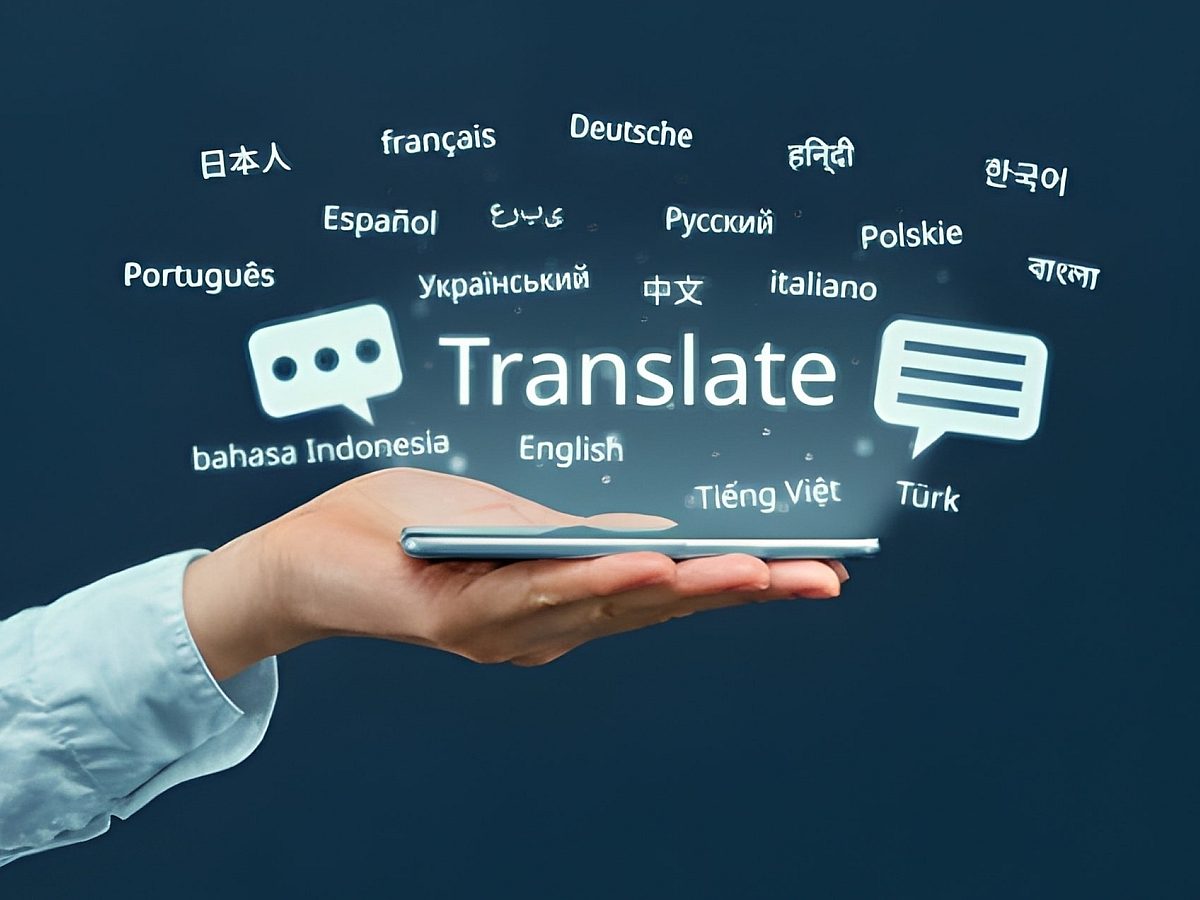Language support is key to contacting diverse audiences and communicating effectively during trials. Without it, there’s a risk of skewed results, miscommunication and even potential harm to patient well-being.
Effective language support goes beyond translation. It includes interpreting for interviews and medical assessments, transcription for accurate data records and subtitles for multimedia patient education materials.
And that’s just the start.
Hiring a translator is simply not enough when lives and funding are on the line. The goal is clear communication, from informed consent to follow-up care.
For these reasons, many research institutions and pharmaceutical companies choose to partner with language agencies that specialize in services for clinical trials, such as Wolfestone Group.
For nearly 20 years, the certified linguists at Wolfestone Group have worked with medical and research teams, helping them increase participant diversity and improve communication during clinical trials.
Below, our experts explain effective language support for clinical trials and why it makes all the difference in achieving applicable results.
The Importance of Language Support in Clinical Trials
As the pharmaceutical industry has become more globalized, so has the need for clinical trials to represent a diverse pool of participants.
Diversity in clinical trials isn’t just about meeting regulatory standards. It’s also about gaining a complete understanding of how drugs and treatments work across various demographics. Without sufficient representation, the results can be biased, leading to a limited view of a drug’s efficacy or safety profile.
For example, factors like genetics, diet and environmental conditions can influence how patients from different backgrounds respond to treatment. So, a clinical trial that only involves participants from a single demographic may miss crucial insights.
Including a diverse set of participants allows researchers to gather data that more accurately reflects the real-world applications of a treatment.
However, engaging global participants requires a great deal of linguistic and cultural sensitivity. Research organizations are rarely prepared or qualified to address these issues, and this can lead to a number of challenges.
Without proper language support, researchers risk:
- Miscommunication: Researchers and participants risk misunderstandings, potentially impacting trial outcomes and data integrity.
- Delays in Data Collection: Poorly translated documents or misunderstandings can delay timelines, affecting the trial’s overall progress.
- Patient Retention Issues: Participants may drop out if they don’t fully understand the trial’s purpose, requirements, or medical advice.
- Informed Consent Complications: Inaccurate translations can lead to uninformed consent, risking patient safety and the study’s legitimacy.
- Data Collection Inconsistencies: Even slight translation errors in outcome assessments or reporting can lead to inconsistencies.
To mitigate these risks, researchers must create a comprehensive language support strategy covering all key trial documentation. This must be done before the trial begins, typically during the protocol development phase.
Types of documents that require careful attention include:
- Outcomes Assessments
- Reports and Case Files
- Consent Forms
- Lay Summaries and Patient Educational Materials
- Patient Recruitment Materials
- Data Collection Forms (eCRFs)
- Laboratory Manuals
- Post-Trial Follow-Up Forms
- More
To build an effective language support strategy, researchers should prepare materials in each target language.
It’s also important to have translators or interpreters on call to assist with any unforeseen issues or in-person communication challenges that may occur during the trial.
A life science translation agency, like Wolfestone Group, can assist in the creation of language strategies and provide the necessary services before, during and after the trial.
Benefits of Language Support in Clinical Trials
When working with globally diverse participants, language support directly contributes to a trial’s success and safety.
Here are some key benefits:
Patient Engagement, Retention and Safety
Patients are more likely to feel comfortable and remain engaged throughout the trial when they receive information in their native language.
In fact, misunderstandings and language barriers are leading causes of trial drop-outs. Having a language strategy boosts retention rates, which is crucial for maintaining a valid sample size.
Regulatory Compliance
Properly translated documents, including informed consent forms, meet regulatory standards by ensuring that patients understand the procedures and risks involved.
This compliance is necessary for approval from ethics boards and regulatory bodies.
Reduced Time to Market
Efficient communication makes every part of a clinical trial go more smoothly. It reduces the chances of miscommunication and errors, and it minimizes delays in the trial process.
Accurate translation and interpreting may bring potentially life-saving treatments to market faster.
Enhanced Global Cooperation and Research
Translated data continues to benefit the global scientific community long after a clinical trial has ended.
By making trial data accessible across language barriers, language support improves international cooperation and knowledge-sharing among researchers.
This encourages collaboration and improves public health outcomes on a global scale.
Advances in Language Support in Clinical Trials
Until recently, language support in clinical trials involved collaborating with several translators and interpreters. Translations took time to complete, and progress could be brought to a halt due to communication bottlenecks.
Today, new technology is enabling researchers to communicate much more easily with global participants and colleagues.
Researchers, via language service providers, are beginning to work more with artificial intelligence (AI) and machine translation (MT) to bridge communication gaps. AI-powered language solutions can process and translate large volumes of text quickly, reducing the time required for initial translations.
Also, AI reduces the need for a human element, significantly cutting costs and improving confidentiality.
While these technologies cannot entirely replace human expertise in clinical contexts, they provide a foundation for rapid, cost-effective solutions.
For example, AI-based tools can assist with translating frequently updated documents or internal reports that are less critical for patient understanding.
When it comes to patient-facing materials, consent forms and outcome assessments, professional linguists are still necessary to ensure accuracy. But in time, the linguistic applications of AI will expand.
Language Support: A Key Component for Successful and Ethical Research
Accurate and clear communication is essential for patient safety, regulatory compliance and data reliability. Language barriers can jeopardize a trial’s success and credibility.
This makes language support a necessity for global clinical trials.
Researchers are encouraged to make their language strategy a key part of the study design and to seek out experts to minimize communication issues.
Wolfestone Group offers end-to-end support for clinical trial language needs, including:
- Document translation
- Interpreting services for patient interactions and medical consultations
- Transcription of trial data
- Localization of patient education materials
- Multimedia services such as subtitling and voiceovers
- Quality assurance
Our certified linguists and leading translation technology ensure that every participant, regardless of their language or location, is fully informed, engaged and protected throughout the trial process.
Don’t let language barriers compromise the potential benefits of your clinical trial. Contact Wolfestone Group now to learn more about developing a clinical trial language support strategy that maximizes accuracy and safety.
Or, explore our Clinical Trial Translation Services.




